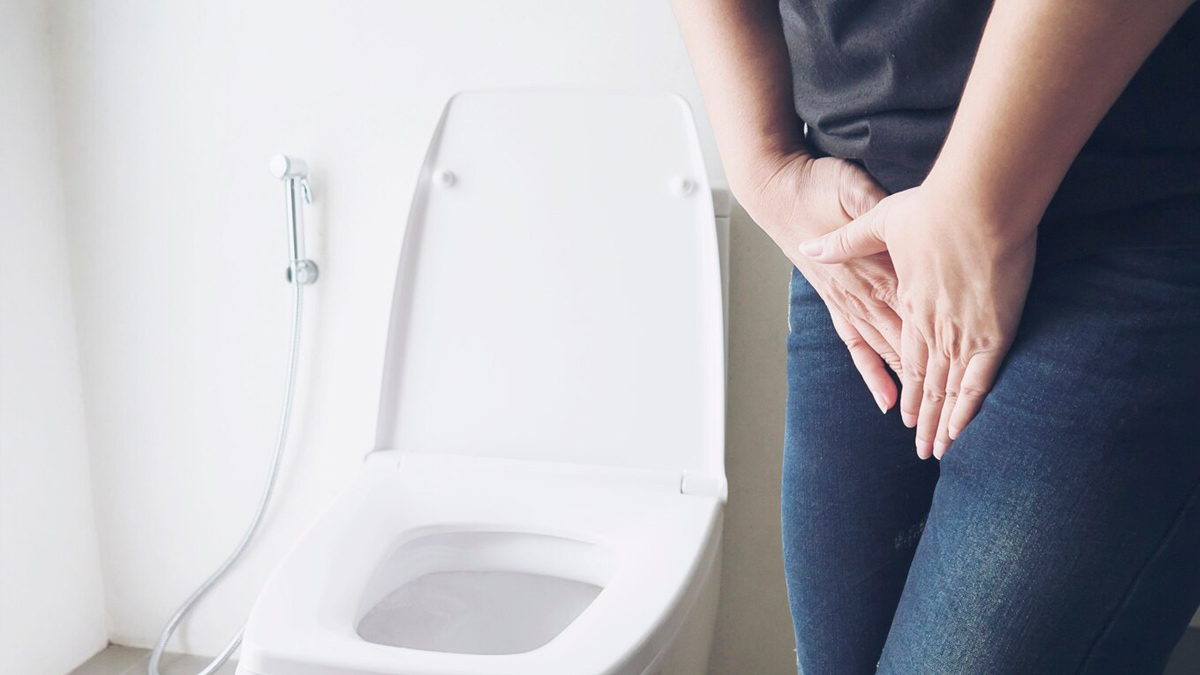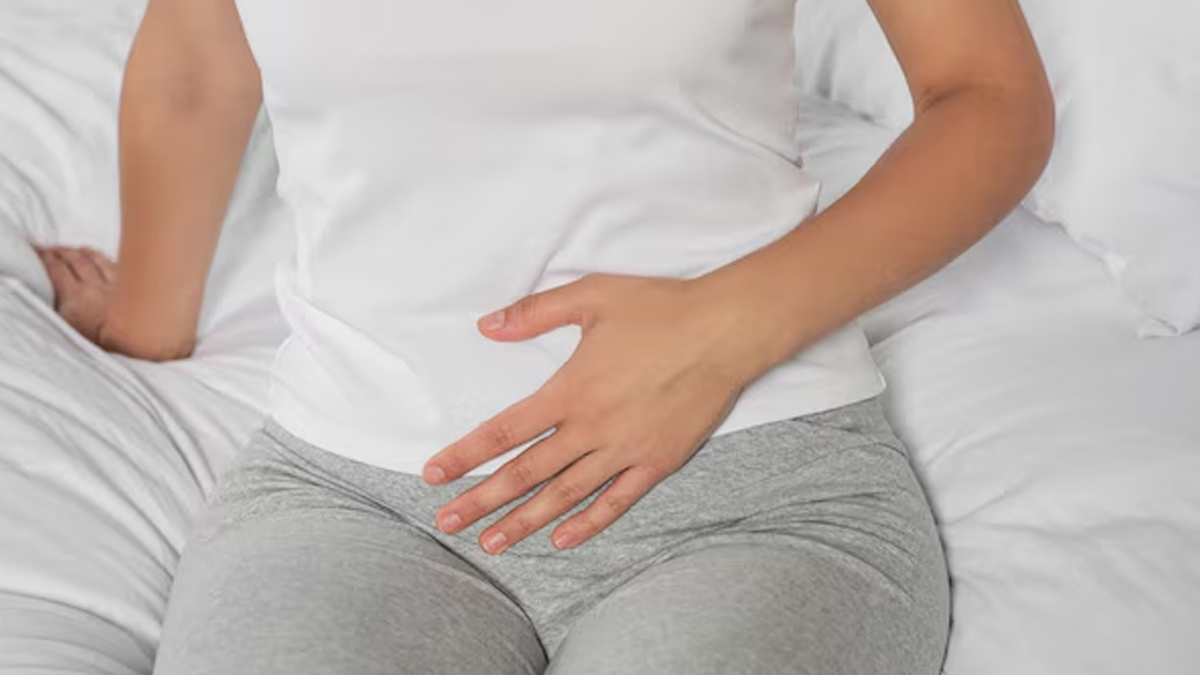
Urinary Tract Infections (UTIs) may be more than just a one-time problem. In fact, the condition is either chronic or recurrent, based on your health and well-being. A UTI is an infection caused by bacteria that affects any region of the urinary tract, such as the kidneys, ureters, bladder, and urethra. Although in some individuals it clears up spontaneously and never returns, in other patients, the condition may be chronic, so the infection might either persist regardless of treatment or recur often.
Table of Content:-
Dr Prashant Jain, Associate Director of Urology, PSRI Hospital, Delhi, discusses some of the common and lesser-known reasons behind chronic UTIs, their risk factors, and prevention tips.
Also Read: Dehydration and UTIs: How Hot Weather Affects Urinary Health
Common And Lesser Known Causes Of Chronic UTIs

There are many factors that can lead to UTIs, including:
- Poor hygiene and sexual activity
- Not drinking enough fluids or dehydration
- Purposely holding in urine for long periods of time
- Conditions or situations that block the flow of urine, such as a tumour, kidney stone, or enlarged prostate
- Hormonal changes in the urinary tract of pregnant women that make it easier for bacteria to spread through the ureters and to the kidneys
It is important to pay attention to other lesser-known causes of UTIs, especially if the infection is chronic. According to Dr Jain, these include:
- Foreign objects in the bladder: Retained catheter pieces or migrated intrauterine contraceptive devices (IUCDs) can irritate the bladder lining, promoting bacterial growth.
- Fistulas: Abnormal connections such as vesicovaginal fistulas (between the bladder and vagina) or colovesical fistulas (between the colon and bladder) can introduce bacteria into the urinary tract.
- Neurogenic bladder: Damage to the nerves controlling the bladder can lead to incomplete emptying, creating a breeding ground for bacteria.
- Dysfunctional voiding: Conditions that prevent complete bladder emptying can result in urine retention, increasing infection risk.
The Role Of Hygiene And Sexual Activity

"Proper perineal hygiene is crucial in preventing UTIs," says Dr Jain, adding that wiping from front to back after using the toilet helps prevent the transfer of bacteria from the anal region to the urethra. Additionally, urinating before and after sexual intercourse can help flush out bacteria introduced during the activity.
"It's also advisable to avoid transitioning from anal or oral sex to vaginal intercourse without proper cleaning, as this can transfer harmful bacteria to the urinary tract, the doctor adds.
Also Read: Bladder Full But Can't Pee? What It Means For Men
Lifestyle Changes To Reduce UTI Recurrence

According to Dr Jain, certain lifestyle modifications may help reduce the risk of UTI recurrence. Some of the strategies include:
- Timed water intake at regular intervals and timed urine voiding without holding for long durations.
- Avoid constipation by following a balanced diet and staying hydrated.
- Avoid aerated and alcoholic beverages, as they can cause diuresis and may lead to dehydration.
- Avoid the habit of repeatedly taking short courses of self-medication, including antibiotics.
If UTIs recur frequently despite preventive measures, it's essential to consult a urologist, Dr Jain advises, suggesting that specialists may recommend diagnostic tests such as ultrasound of the kidneys, ureters, and bladder (KUB), urine culture, uroflowmetry, and post-void residual volume measurement to identify underlying causes.
Conclusion
Understanding the root causes of chronic UTIs is crucial for successful prevention and treatment. By recognising risk factors, like anatomical defects, hormonal fluctuations, or lifestyle factors, and adopting necessary lifestyle changes, people can lower their risk of infections. Important preventive steps include observing good hygiene, drinking plenty of fluids, controlling chronic illnesses, and undergoing timely medical assessment when required.
Also watch this video
How we keep this article up to date:
We work with experts and keep a close eye on the latest in health and wellness. Whenever there is a new research or helpful information, we update our articles with accurate and useful advice.
Current Version
